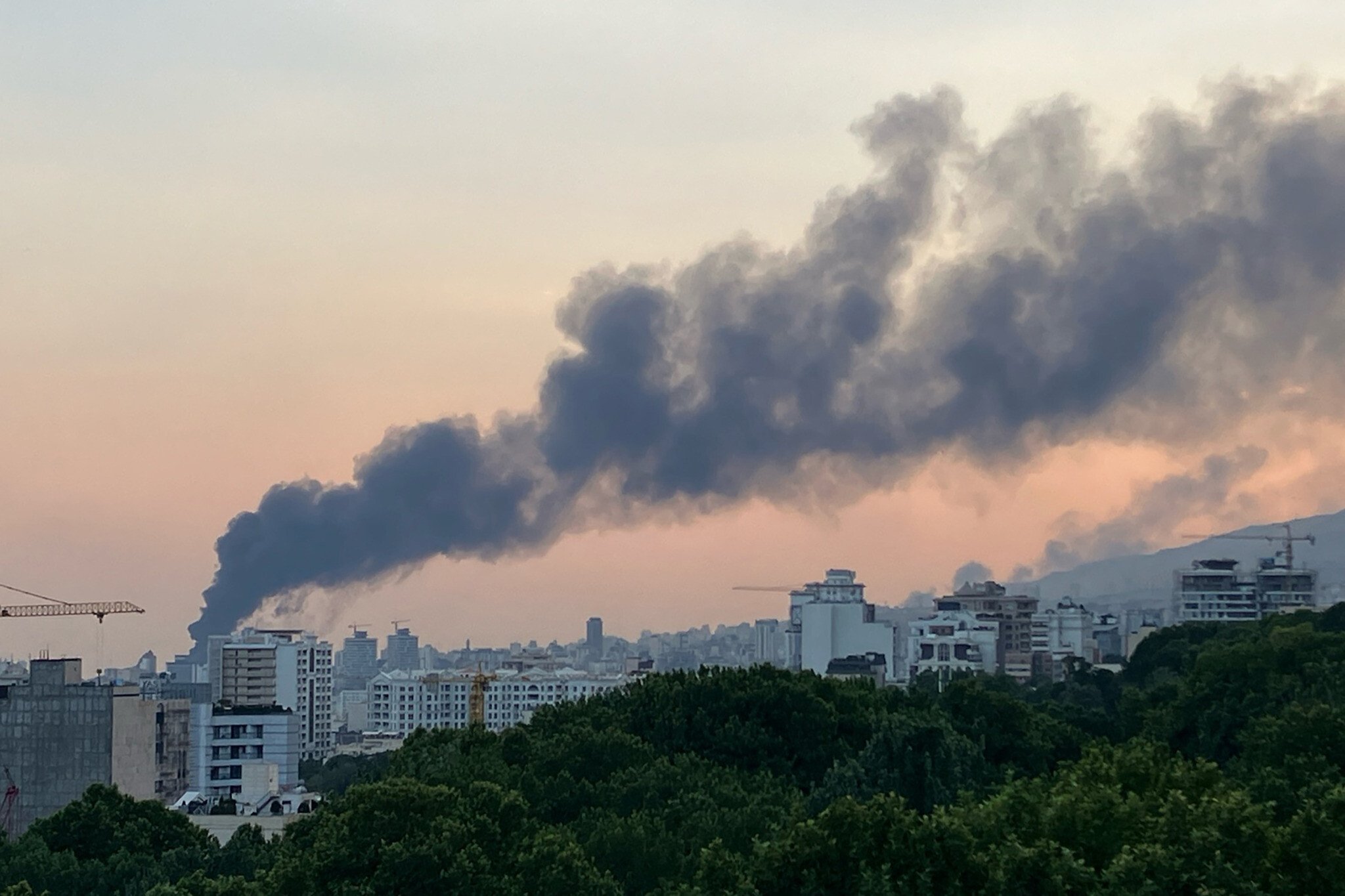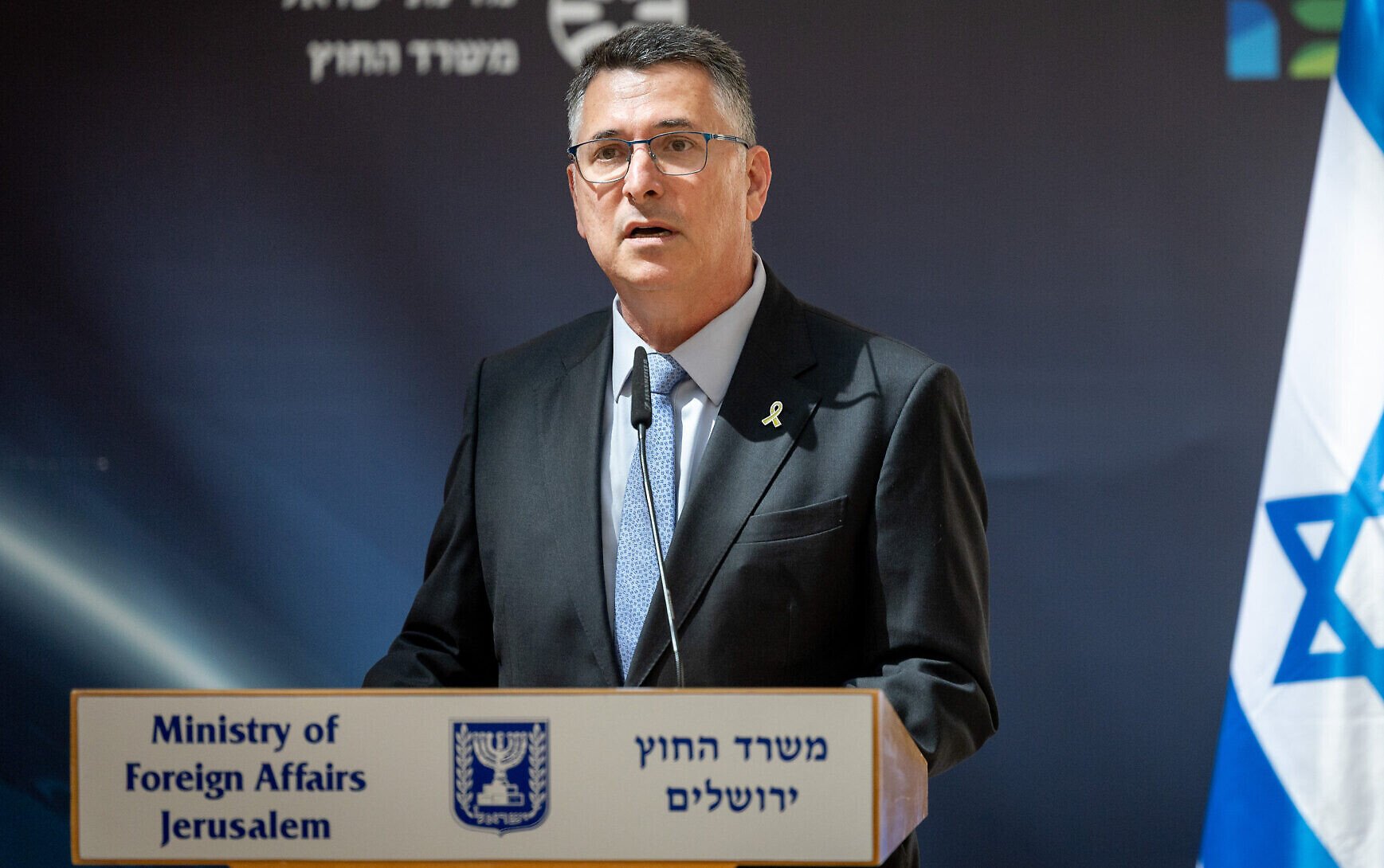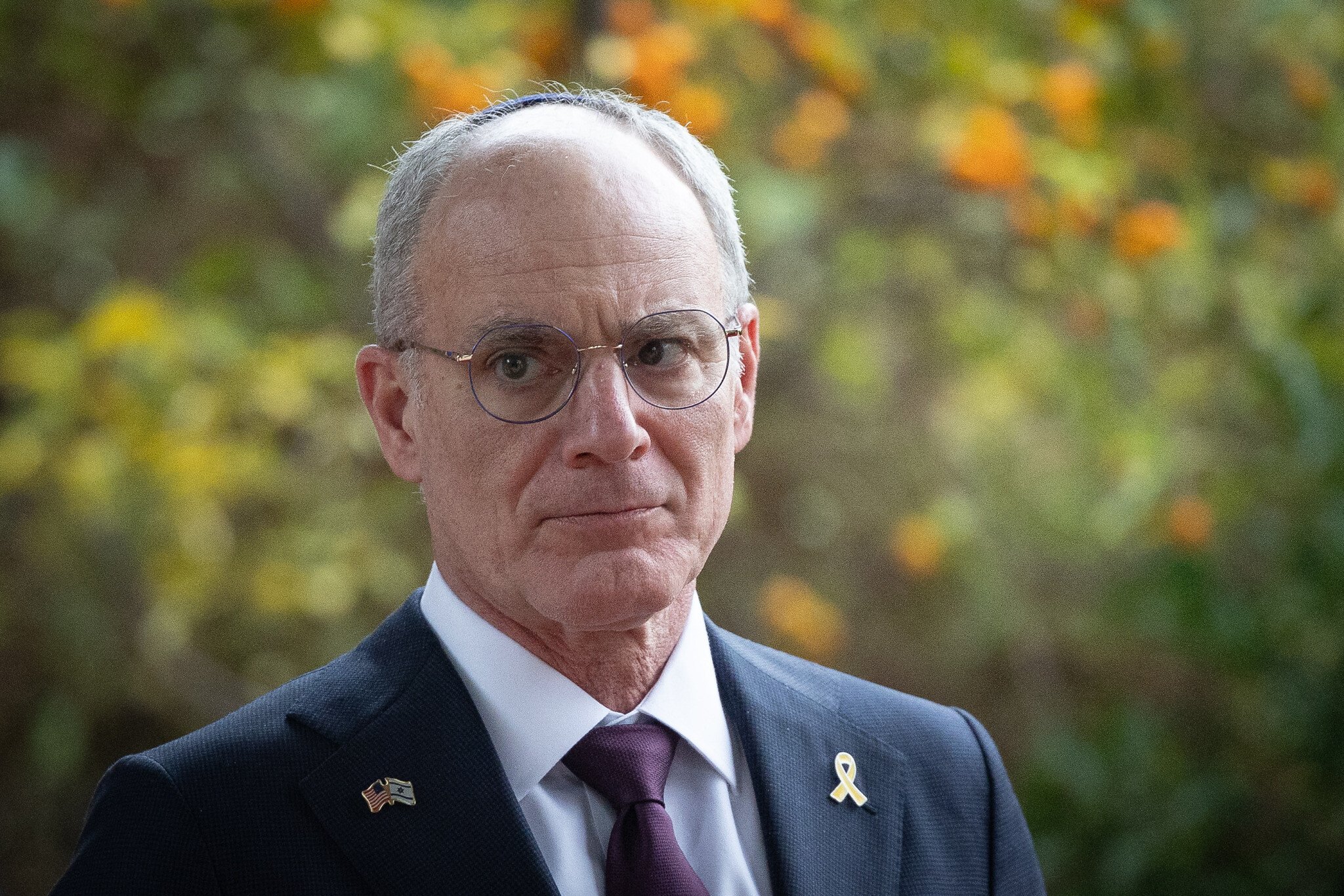



Israel ratcheted up its threats against Iran’s leadership on Tuesday, with Defense Minister Israel Katz warning that Supreme Leader Ali Khamenei could face the same fate as Iraq’s deposed dictator if he continues to attack Israeli civilians.
“I warn the Iranian dictator against continuing to commit war crimes and launching missiles at Israeli civilians. He would do well to remember the fate of the dictator in the country neighboring Iran who chose this same path against Israel,” Katz said during a morning assessment with the IDF’s top brass, alluding to Saddam Hussein, the Iraqi strongman who was overthrown in 2003 during the US invasion of Iraq and later found hiding in a desert hole and hanged.
While Israeli officials have not named regime change as an official goal of their unprecedented campaign against Iran launched last Friday, Katz and other senior figures, including Prime Minister Benjamin Netanyahu, have conspicuously left the option on the table. They have also been urging the Iranian public to seize the war as a chance to overthrow the administration that has been in place since the 1979 Islamic Revolution.
During the assessment, Katz referred to an Israeli strike Monday on the Tehran headquarters of Iran’s state broadcaster IRIB, saying other civil elements of the Iranian regime’s rule may also be targeted.
On Monday, Netanyahu did not rule out plans to target Khamenei, instead suggesting that it would be a surefire way to “end the conflict” with the Islamic Republic.
Asked during an ABC News interview about reports that US President Donald Trump had vetoed a planned Israeli assassination out of concern that it would further escalate the fighting, Netanyahu was dismissive, saying such a move is “not going to escalate the conflict, it’s going to end the conflict.”
I’m not gonna get into specific targets because I’m leaving that open.
In an interview with the London-based opposition outlet Iran International on Monday, Netanyahu responded to a question on whether eliminating Iran’s ruler was on the table, saying, “I’m not gonna get into specific targets because I’m leaving that open.”
Addressing the Iranian people, the premier said that “if we can help you achieve your freedom, that is a noble and worthy cause, because you are a noble and worthy people…We have a common enemy…and I believe that you’ll have an opportunity to be free soon.”
On the diplomatic front, Israel’s top diplomat said Tuesday that international support remains strong.
At the opening of a Knesset Foreign Affairs and Defense Committee meeting, Foreign Minister Gideon Sa’ar said Israel is receiving widespread backing for its preemptive strikes on Iran and its nuclear program despite efforts by the Islamic Republic to undermine support.
Key European allies, as well as Trump, have expressed their desire for de-escalation in the region, but have paired this with an affirmation of Israel’s right to self-defense and an assertion that Iran must not be allowed to obtain nuclear weapons.
“In parallel to the military campaign, a political and informational campaign is constantly underway,” Sa’ar said, addressing the media alongside Committee Chairman MK Yuli Edelstein ahead of the meeting.

“We are proactive, active and offensive in the political arena just as we are in the military one. On the diplomatic front, the Iranian side has displayed considerable activism, but so far all of their efforts have been thwarted,” Sa’ar continued, saying that Iran-initiated efforts to weaken support for Israel’s actions, including at an emergency session of the United Nations Security Council over the weekend and a convening of the IAEA Board of Governors on Monday, both “concluded with no outcome against Israel.”
The international response to Israel’s targeting of Iranian nuclear and military sites contrasts with global condemnation of its concurrent battle against Hamas in Gaza, where 53 Israeli hostages continue to be held, 20 of them confirmed alive by Israel, and where millions of Gazans face harsh humanitarian conditions.
“Our international standing with regard to Operation Rising Lion is strong,” Sa’ar observed. “There is widespread understanding of the action we have taken, and recognition that the existential threat to Israel also carries implications for the security of the entire region, for Europe’s security, and for the global order.”
“Naturally, there are also dissenting voices in the international arena. But certainly within what we call ‘the Western world,’ despite the usual concerns about escalation and the like, the general approach is a positive one,” he concluded.
At the same time, Israel’s Ambassador to the US Yechiel Leiter told Merit TV that the full extent of Israel’s opening blows against Iran has not yet been revealed.

“We’ve pulled off a number of surprises — when the dust settles, you’re going to see some surprises on [last] Thursday night and Friday that will make the beeper operation almost seem simple,” he said.
Israel detonated thousands of Hezbollah beepers and walkie-talkies in September, injuring thousands of fighters in a complex intelligence effort that was years in the planning.
Israel still has “some surprises up our sleeves” in the fight against Iran, the envoy said, asserting that “there’s still a lot of things we can do.”
Israel has revealed some of the Mossad assets that were activated on the first night of its attack on Iran, including a drone base it built on Iranian soil.
Leiter also accused European leaders of making the same mistakes the world made in refusing to confront Adolf Hitler in the 1930s. The world must fully realize that Israel’s bombing of Iran “is the war to end wars,” he said, “the war to engender peace in the Middle East.”
Leiter added that Trump is not putting pressure on Israel to stop the fighting, and that Israel is open to a negotiated end to the fighting with Iran, but it must include the complete dismantlement of Iran’s nuclear and ballistic missile program, Israel’s two official stated goals for the campaign.
